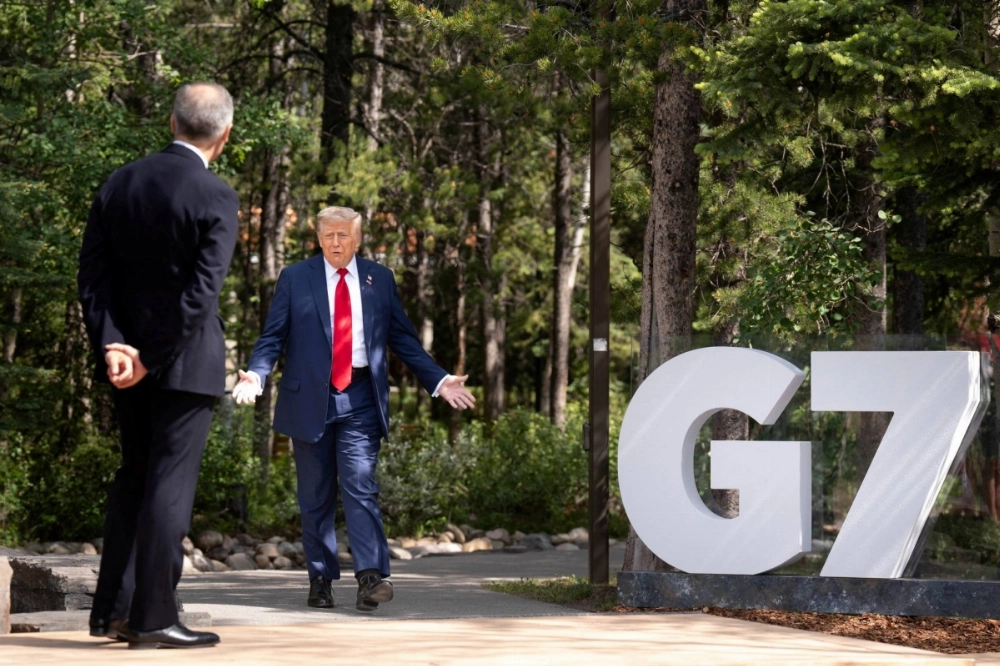Last week’s meeting of Group of Seven leaders in Canada had high hopes from six of the exclusive multilateral club. But they failed to realize that the U.S. — not just U.S. President Donald Trump — no longer sees value in large and exclusive multilateral groupings like the G7, the Group of 20, East Asian Summit, the U.N. and its related organizations such as the World Health Organization, the World Trade Organization, and the Human Rights Council.
Instead, Washington views the U.S.’ comparative advantages being best achieved through an American leader who understands that the currency of international relations in the 21st century is not multilateralism but comprehensive national power.
This does not exclude “minilateral” groupings such as the Quadrilateral Security Dialogue between the U.S., Australia, India, and Japan; or the AUKUS security partnership between Australia, Britain, and the U.S. or the “Squad” (Australia, the Philippines, the U.S, and Japan), all of which are smaller groups of like-minded countries that can make decisions quickly, divert resources efficiently, and not be hobbled by the ungainliness of larger multilateral organizations.


















With your current subscription plan you can comment on stories. However, before writing your first comment, please create a display name in the Profile section of your subscriber account page.